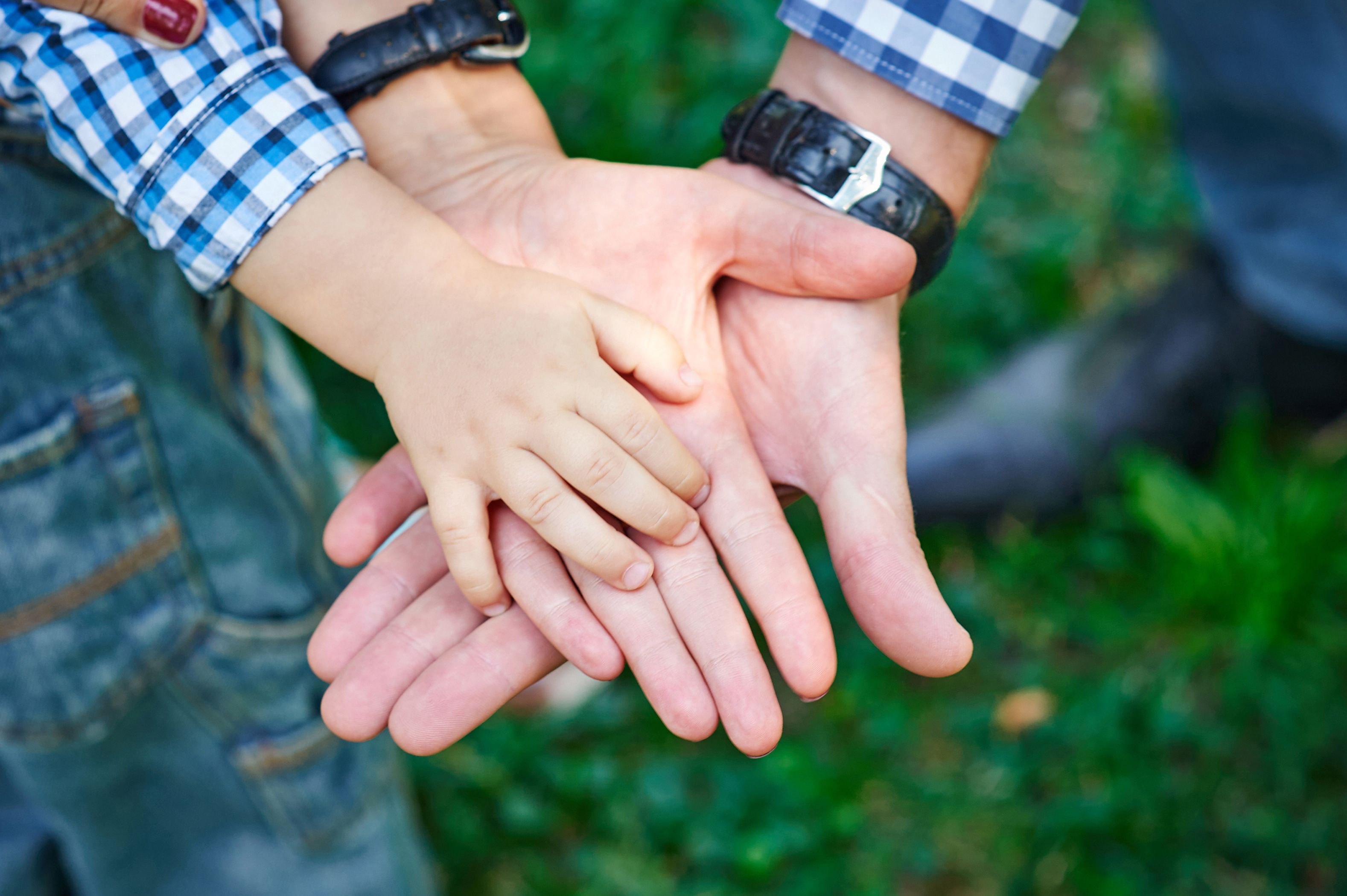Parent Enrichment Program Details
About Us
- Sharon Gillespie, BA, QMHS, Coordinator of Parent Enrichment
- Casey Schout, TANF Grant Specialist
- Hilary Shelton, BA, QMHS, Parent Educator
- Aubrey Sorrell, BA, QMHS, Parent Educator
- Hillary Crippen, BA, QMHS, Parent Educator
- Lori Blackburn, AS, QMHS, Parent Educator
- Stacey Darling, BSW, QMHS, Parent Educator
- Priscilla Clark, BS, QMHS, Parent Educator
- Kayla Tully, BS, QMHS, Parent Educator
- David Ghaffari, BS, QMHS, Parent Educator
Our Philosophy
All parents, including birth, kinship, foster and adoptive parents, can benefit from support including mentoring, child development information, education and training, role modeling, hands-on parent guidance provided by highly skilled parent educators, daily living skills training and concrete resources and social supports.
The goal of parent enrichment services is to provide individualized and specialized support, training and preparation to promote healthy, well-adjusted children and families.
Our Accreditation
Child Focus programs and services have been nationally accredited by the Commission on Accreditation of Rehabilitation Facilities (CARF) since 2005.
Hamilton County
4411 Montgomery Road Suite 201
Cincinnati, Ohio 45212
513.752.1555
Clermont County
4629 Aicholtz Road
Cincinnati, Ohio 45244
513.752.1555
Brown County
710 N. High Street
Mt. Orab, Ohio 45154
513.752.1555
Click here to complete and submit an Inquiry Form
Enroll now!
cfireferrals@child-focus.org
Who We Serve
- Children
- Birth Families
- Extended Family Members
- Foster Families
- Adoptive Families
- Child Welfare Organizations
Children
Child Focus serves children, including children who are in the custody of the State of Ohio. Child Focus receives parent enrichment referrals from parents, schools, pediatricians and several county children's protective services agencies in Southwest Ohio. Child Focus serves all children in need of care and does not discriminate on the basis of age, race, religion, sex, national origin or sexual orientation. Typically, children needing care range in age from newborn to young adulthood. Our number one priority is to ensure children in care are safe, happy, healthy, educated and well adjusted for success in life.
Birth Families
Child Focus supports birth family preservation and reunification. Our goal is to ensure children are safe, healthy and emotionally well adjusted. When children must be placed outside their birth family, program staff and foster parents are the primary care and treatment team members responsible for making sure children thrive while they are in care, maintain regular contact and connections with birth family and support the child and birth family to overcome the problems that led to the child's placement in care.
Foster Families
Child Focus understands that to be a great foster family requires being well trained and well supported before, during and after the child's departure from the home. We understand that the better we support foster parents, the better foster parents are able to care for the children in their care.
Adoptive Families
Child Focus supports permanence for all children. The absence of a permanent family is detrimental to healthy child development. It is our position that children are not well-served by lingering in foster care when birth family reunification is not possible. Child Focus supports all foster parents to adopt children in their care who have become legally free for adoption. Our goal is to support permanence for all children.
Child Welfare Organizations
Child Focus proudly boasts a great reputation in the Ohio child welfare industry. We care about children, families and very deeply about our community partners. Our organizational strength is rooted in building and maintaining collaborative, positive, effective open communication, a culture of compliance and ethics and a servant mentality.
Donation Needs
Children & Family Needs
Children and families served through Child Focus may have basic living item needs that many take for granted including housing, food and clothing.
Ways You Can Help
There are many ways you can help support these children and families. The list below highlights some of the most critical donation and support needs for children and families.
- Donate money or gift cards for basic needs such as food and clothing
- Gas cards
- Donate school supplies and book bags for children
- Volunteer your time as a mentor, tutor or babysitter
- Become a foster parent or respite provider
- Collect and donate gently used clothing for children and parents
- Donate cleaning and hygiene supplies
- Sponsor children and their families for Child Focus Holiday Giving Tree Program
- Donate family entertainment passes
- Sponsor participation fees for children's extracurricular sports or arts programs
- Encourage friends and family to donate and get involved
Donate Now
Contact Tara Keith at 513.752.1555 or Visit the our Donate Page Here.

.jpg)

